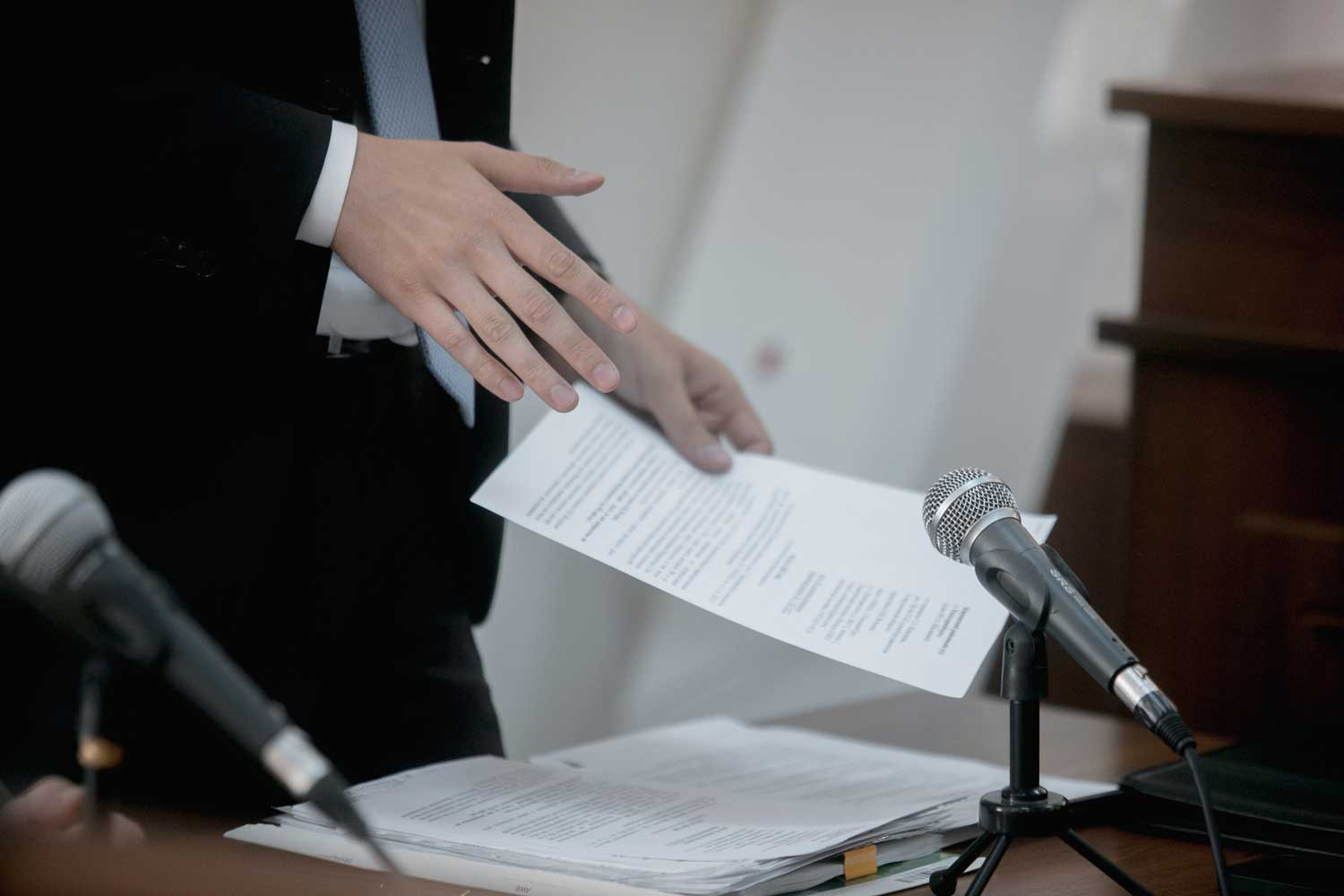Witness Testimony And Depositions In Will Contests
by Russell Aldrich | February 23, 2023
A deposition is a pretrial discovery tool used in civil litigation, including will contests, to gather information from witnesses and parties involved in the case. During a deposition, an attorney will ask questions of the witness (the deponent), who is under oath, and the answers are transcribed by a court reporter to create a written record. Depositions serve several purposes in a will contest:
- Fact-finding. Depositions help attorneys gather facts, evidence, and information about the case. This can help them understand the strengths and weaknesses of their case and the opposing party’s case, and it can be useful in developing legal strategies.
- Preserving testimony. Depositions help preserve the testimony of witnesses who might be unavailable or unable to testify at trial. This can be particularly important in will contests, where witnesses may be elderly or in poor health.
- Evaluating witness credibility. Depositions provide an opportunity for attorneys to assess the credibility of witnesses, as well as their demeanor and ability to withstand cross-examination during trial.
- Preparing for trial. By questioning witnesses during depositions, attorneys can better prepare for trial by identifying potential lines of questioning and anticipating how witnesses might respond.
In a will contest, depositions can be particularly valuable when dealing with issues such as:
- Testamentary capacity. Depositions can be used to question medical professionals, caregivers, or other witnesses who can provide information about the mental state and cognitive abilities of the testator (the person who made the will) at the time the will was executed.
- Undue influence or duress. Depositions can help gather information from witnesses who may have knowledge about the relationships and interactions between the testator and potential influencers, or the circumstances surrounding the creation of the will.
- Fraud or forgery. Depositions can be used to question handwriting experts, family members, or other individuals who may have information about the authenticity of the will or the circumstances under which it was created.
Depositions in will contests can be essential in gathering the necessary information to build a strong case or to prepare for potential settlement negotiations. An experienced probate litigation attorney will know how to effectively use depositions to advance their client’s position in a will contest.


